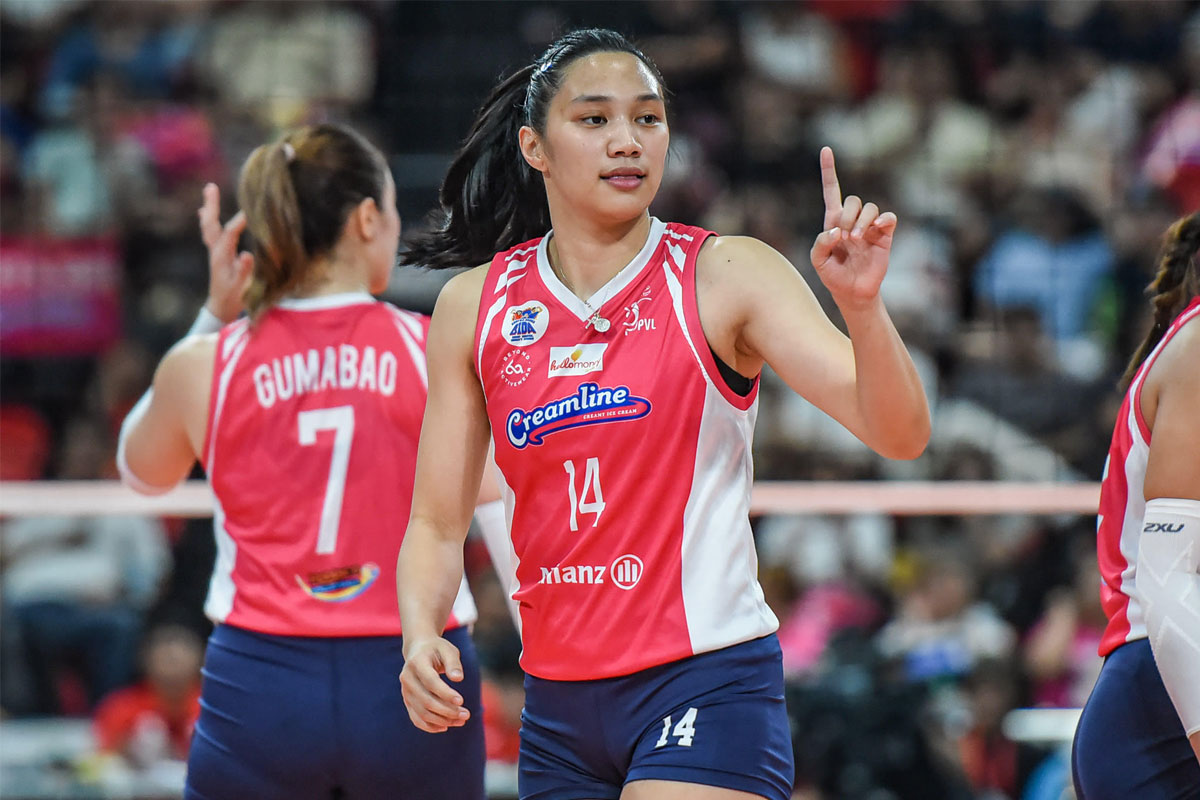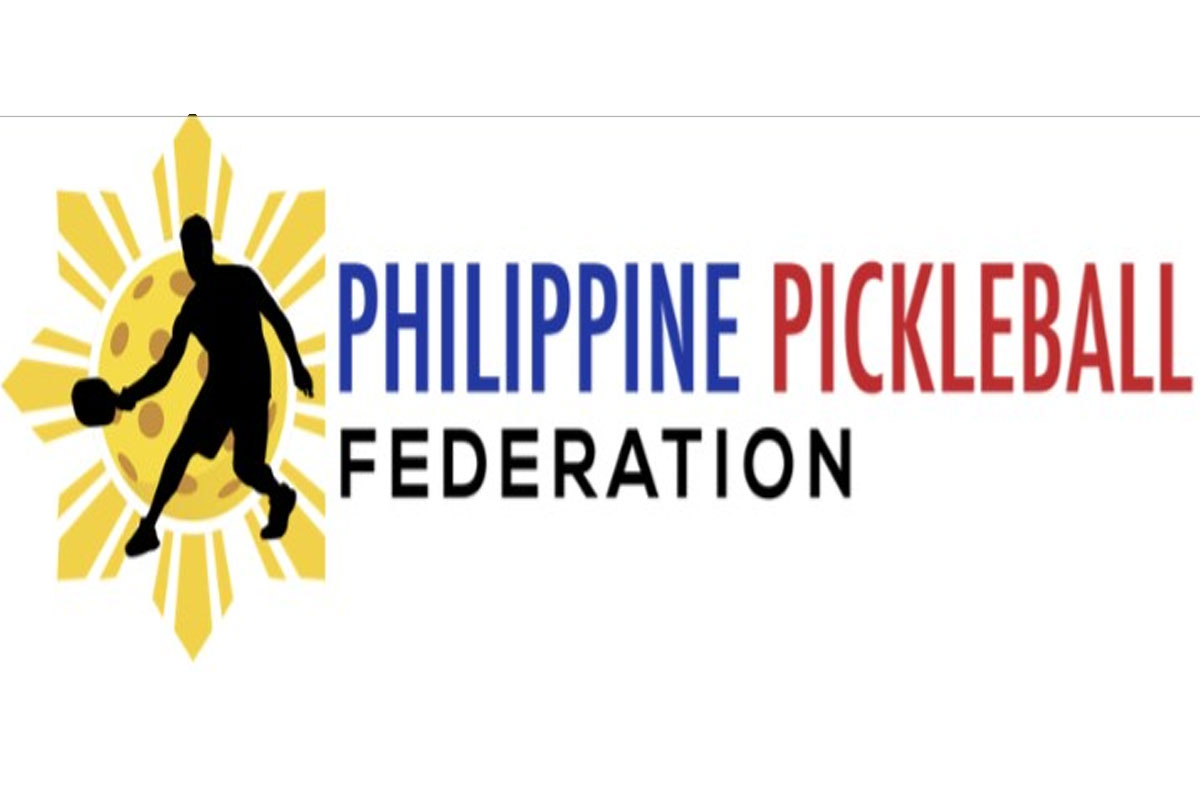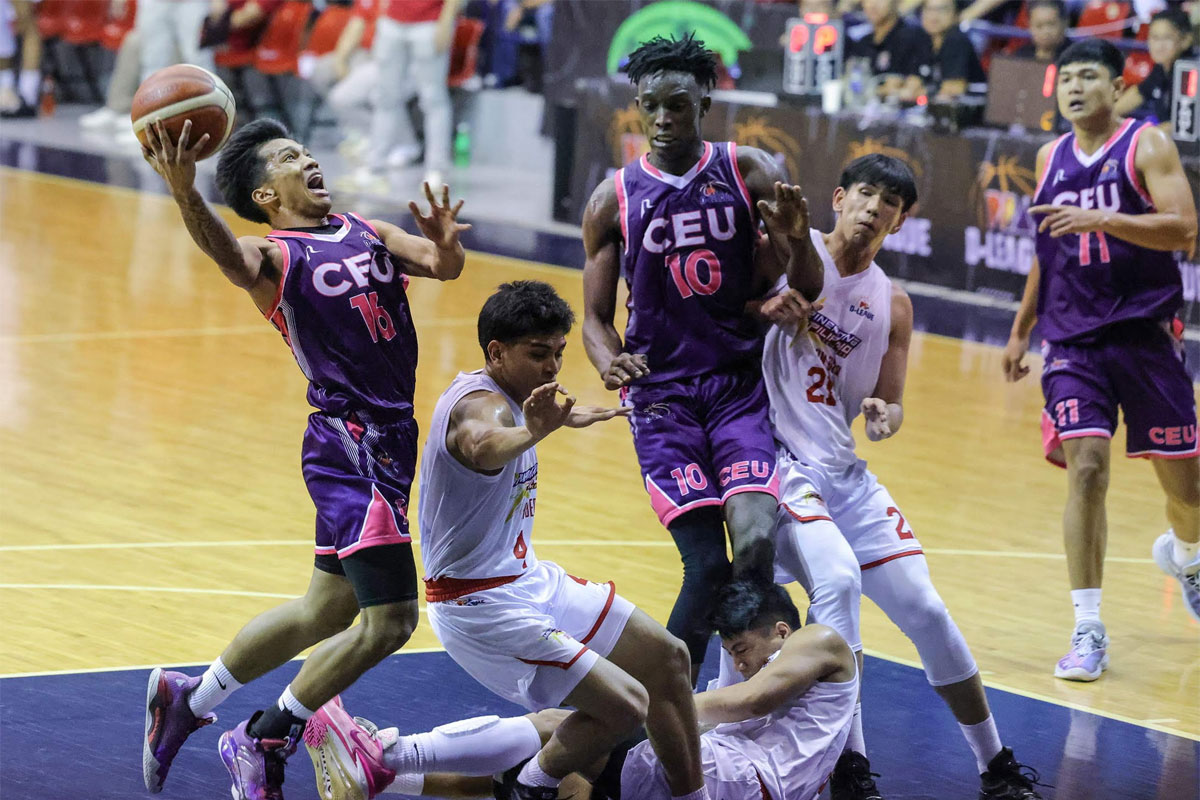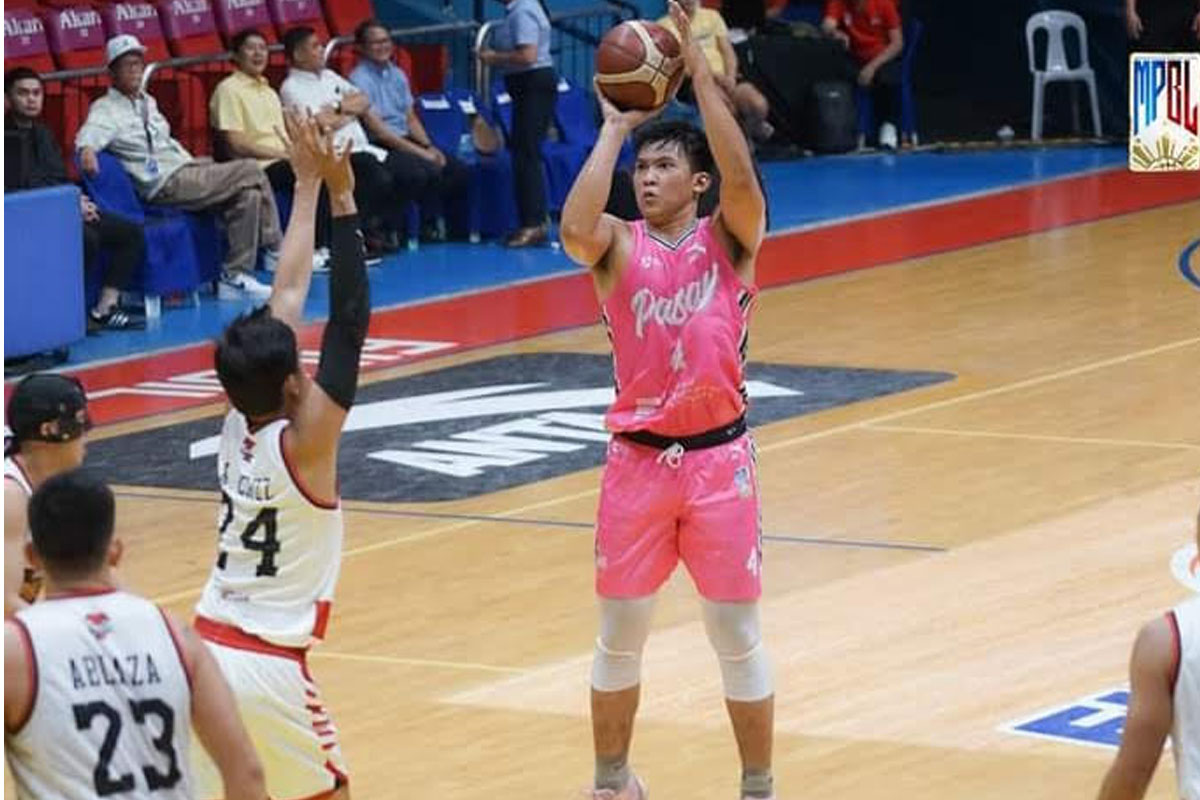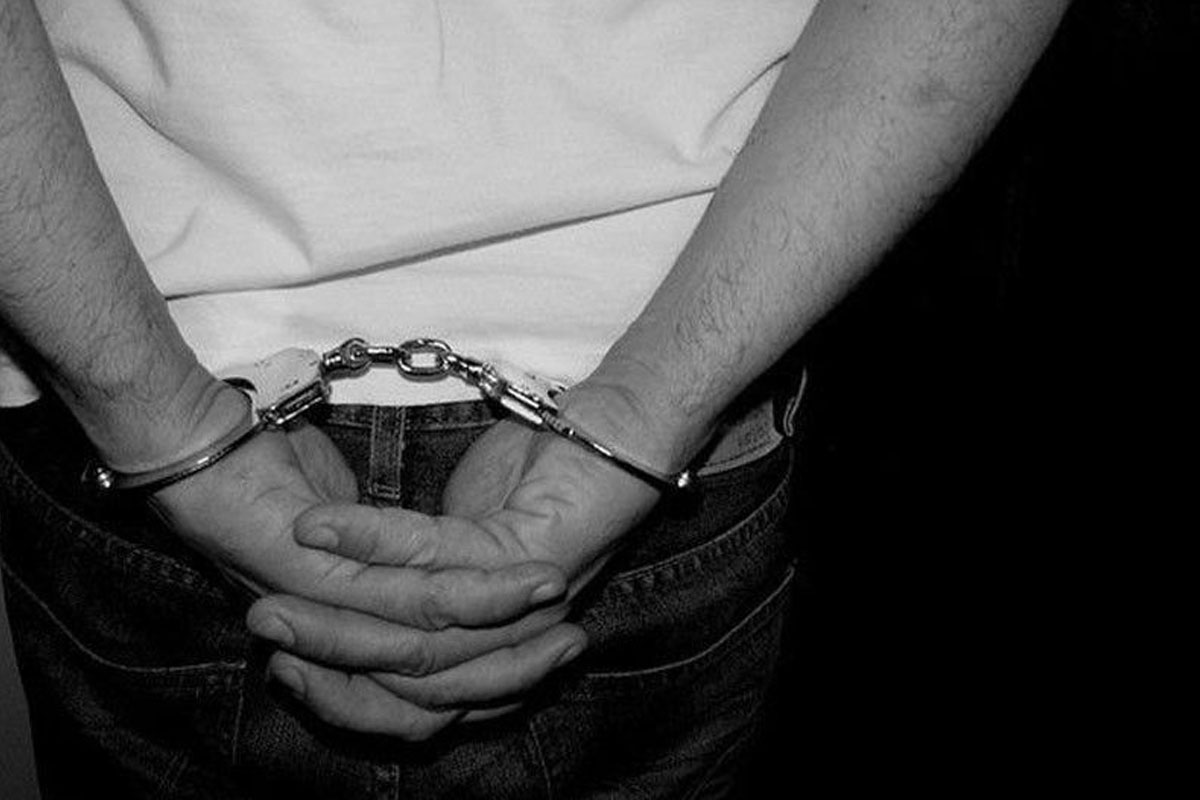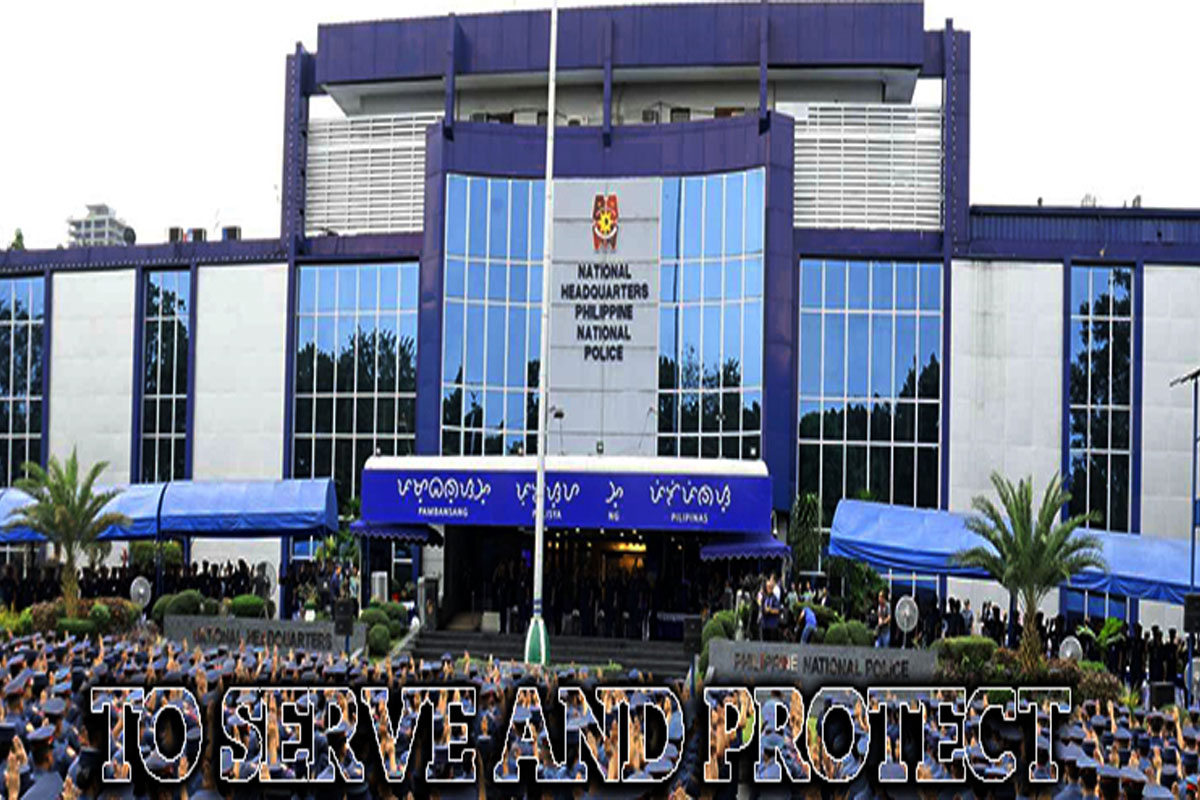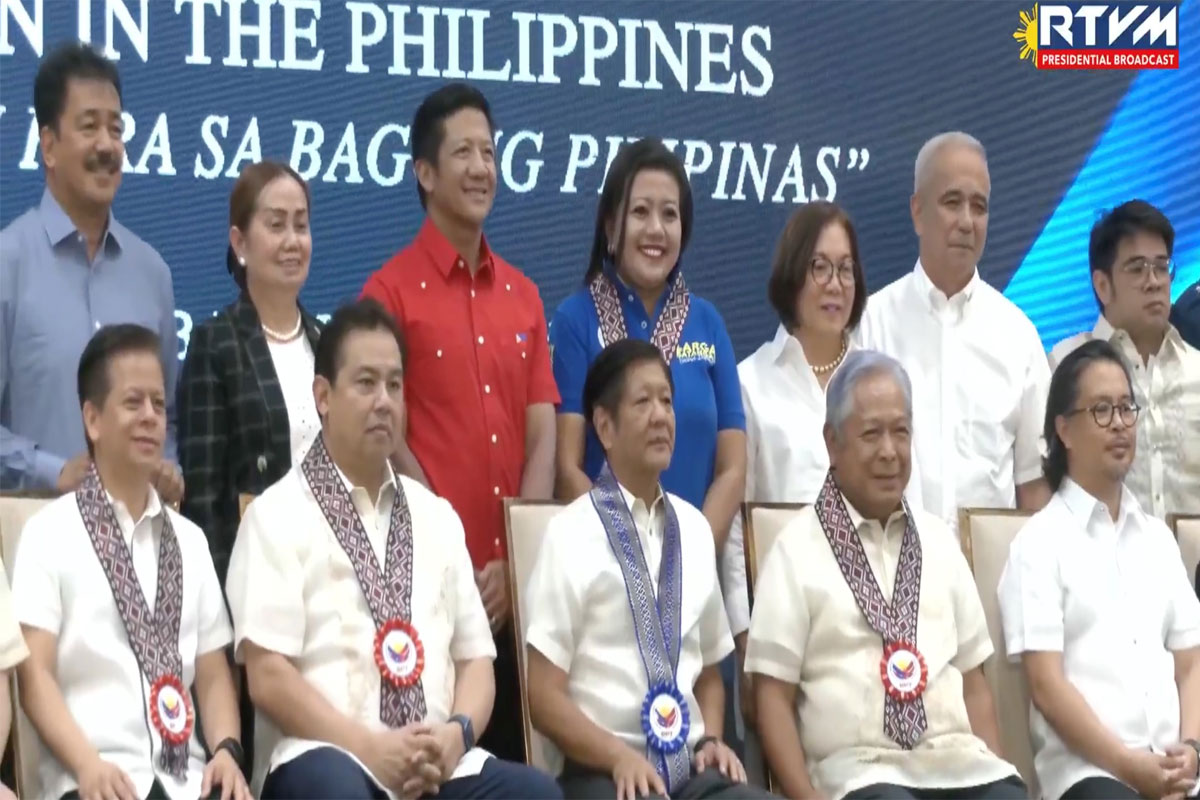
Understanding the Class D & E voter (Part 1)
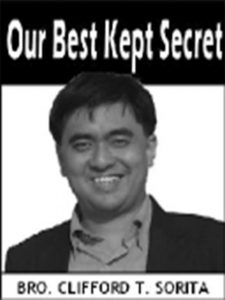 FORMER Senator Ferdinand “Bongbong” Marcos Jr., the son and appellation of the late President Ferdinand Marcos Sr., won our nation’s presidency by a landslide.
FORMER Senator Ferdinand “Bongbong” Marcos Jr., the son and appellation of the late President Ferdinand Marcos Sr., won our nation’s presidency by a landslide.
Marcos Jr. secured more or less 60% of the vote in the 2022 National Polls, giving him the stoutest mandate for president since his father’s rule.
So, the question in everybody’s mind lingers — why did the poor (according to Pulse Asia Class D voters are around eight out of 10 voters in the country. Poor (less than official poverty threshold) Less than P9,100. Low income (but not poor) between the poverty line and twice the poverty line Between P9,100 to P18,200 – Indicative Range of Monthly Family Incomes (for a Family Size of 5 members) [cf. Philippine Institute for Development Studies]) as this country’s majority voters choose Former Senator Ferdinand “Bongbong” Marcos Jr. to return to power?
By way of qualitative analysis, allow me share with you some insights into the “mind of the poor” vis-à-vis our May 8, 2022 Synchronized National and Elections. Here are the top 5 PSYCHE of the POOR based on an interview I had with with Rev. Fr. Anton CT Pascual, Executive Director of Caritas Manila:
MINDSET 1: WE NEED A STRONG LEADER TO BRING US TO THE “PROMISED LAND”. Many leaders outside the West — from Rodrigo Duterte in the Philippines to Vladimir Putin in Russia to Narendra Modi in India — create their social acceptability neither from monetary promises nor from social conservativism alone, but also from a third commitment: to restore public order and state authority.
According to Roberto Stefan Foa, “…we also need to acknowledge the void that such leaders claim to fill — namely, the erosion of political authority. In many such societies, corruption, criminality, and violence not only are pervasive, but have worsened over time, granting the ‘law and order’ pitch of leaders such as Duterte in the Philippines, Modi in India, or Brazil’s Jair Bolsonaro a reach that goes well beyond mere cultural conservatives. In particular, their platforms typically resonate with a section of the new urban middle class that is self-made and upwardly mobile, situated outside the existing network of patronage politics, and frustrated at the persistence of urban crime, inefficient public services, and widespread clientelism and graft.” Thus, the imagery of former President Ferdinand Marcos Sr. now personified by his son, appealed more than the promises of VP Leni Robredo.
This is why between seven and eight out of ten Filipinos continue to support Duterte’s “war on drugs”.
MINDSET 2: UNDERDOGS ARE HEROES. The “underdog effect” can be manifested in many facets of life (e.g. politics, business or other competitive contexts). Malcolm Gladwell, in his book, David and Goliath: Underdogs, misfits, and the art of battling giants, entertains the reader with a number of rare underdog challenges and victories: dyslexics becoming highly successful entrepreneurs; an individual living in extreme poverty during the Depression-era who rose to become a legendary oncologist; an undersized novice girls’ basketball team succeeding through exploitation of opponents’ conventional tactics. The lessons are that people are able to take reassurance from these individuals (and many others) explained by the “theory of desirable difficulties” (cf. Robert Bjork, 1988). This theory posits that successful individuals need to have those shortcomings because the fight to succeed against seemingly impossible odds is important for growth. This explains the importance for underdog status, but it does not account for why underdogs hold such a favorable appeal.
So, what made Former Senator Ferdinand “Bongbong” Marcos Jr. an underdog in a campaign which obviously had the backing of the Duterte administration? Well, Marcos Jr became the most controversial candidate. He does not attack other candidates. This non-confrontational strategy has paid off, and handsomely in the image of an underdog. And instead of differentiating themselves by highlighting their record and capabilities, other candidates have engaged in a pack attack to try and take Marcos Jr down. So far, this has backfired towards the perception of truly being the underdog. We are fascinated with underdog fights. They pervade politics, but contemporary cultures have also embraced our fascination and support for underdogs in their own modern form of storytelling. For example, talent shows invite the viewer to become engrossed in an emotional life story of challenges and seemingly under-resourced failures, only to then marvel at the perfect performance and ecstatic ovation. The poor supports an underdog like them for an underdog’s victory gives them a sense of hope that they too someday will be victorious as well (to be continued next week).
———————– oOo——————————
For any personal comments or suggestions you may call 0917-4805585 or email me at [email protected].



